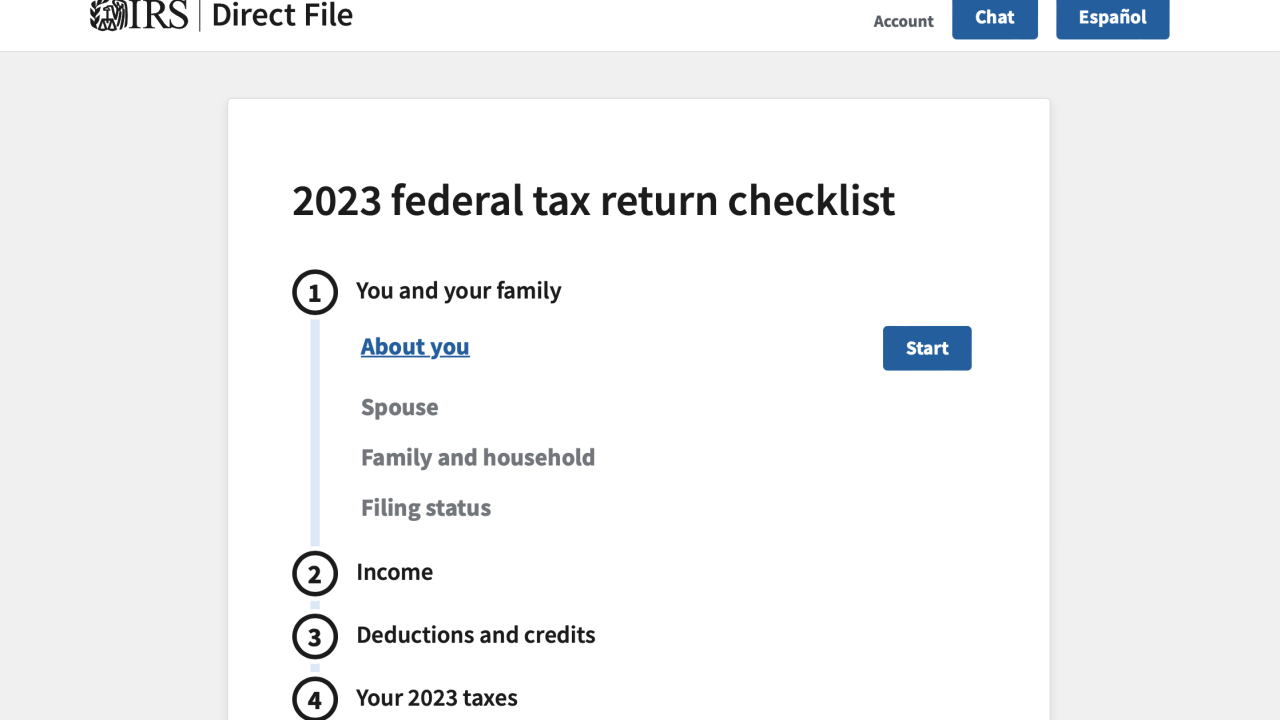The state and local tax deduction issue threatens to spark a showdown among Democrats as high-stakes Senate talks inch closer to a deal on President Joe Biden’s economic agenda.
Majority Leader Chuck Schumer and Senator Joe Manchin are negotiating a slimmed-down tax and spending plan. But Manchin says the federal deduction popular in high-tax states like New York, New Jersey and California, known as SALT, hasn’t been in the mix.
“SALT’s not been in the talks at all — in the talks I’ve been in,” Manchin, a West Virginia Democrat, told reporters Wednesday.

Failing to include a SALT-break expansion in the long-stalled legislation is a risky proposition for Democrats, whose slim control of both chambers leaves little room for defections. Democrats representing high-tax districts — many of whom are in competitive races — have already pledged to withhold support for a tax-increase bill that doesn’t address SALT.
Manchin and Schumer have yet to release a comprehensive plan with the specifics about new spending on climate and health, offset by tax increases and prescription-drug savings. Schumer has said he wants to pass the bill this summer.
Politically sensitive
Raising the $10,000 SALT cap has been a key priority for Senator Bob Menendez, a New Jersey Democrat, as well as several House members. Democrats can’t lose any votes in the Senate and can only afford a few defectors in the House.
Manchin and Schumer have been engaged in exclusive, closed-door negotiations for weeks about the contents of the revamped budget package.
Menendez said he is focused on including SALT in a final deal, but added he’s not sure whether a budget reconciliation bill — the fast-track process Democrats are using to pass the legislation on party lines — will ultimately succeed.
“We are working to include it,” Menendez said. “I don’t know whether to be optimistic about reconciliation as a whole or not.”
In the House, Representative Mikie Sherrill of New Jersey told reporters Wednesday that she opposes any tax increase on her constituents, including the wealthy. She indicated that if SALT is included, then she could back some way to boost tax revenue. Representatives Josh Gottheimer of New Jersey and Tom Suozzi of New York reiterated their promise to vote against any bill that doesn’t expand the SALT break, which is highly valuable in their districts.
The two have formed a SALT caucus that consists of roughly two dozen Democrats, though not all have pledged to hinge their support of the bill on SALT.
“If there are any changes to the tax code that affect families in my district, then restoring SALT must be part of it,” Gottheimer said. “No SALT, no dice.”
The SALT deduction is a politically difficult issue for many Democrats. Some progressives dislike making SALT more generous because the vast majority of the benefits go to relatively high-income households at a time when Democrats are seeking to raise taxes on corporations and the wealthy.
Democrats from high-tax areas have been seeking to expand the SALT deduction since it was capped at $10,000 in then-President Donald Trump’s 2017 tax law. Expanding the break could mean hundreds of billions of new deductions for some taxpayers, but could also be considered revenue-neutral for congressional budgeting purposes.
That’s because the current $10,000 cap is set to expire at the end of 2025 — when the deduction would revert to being unlimited. So if Democrats raise the cap for the coming decade, but stop short of eliminating it, technically it wouldn’t add to the total cost of the bill.
— With assistance from Steven T. Dennis and Erik Wasson





